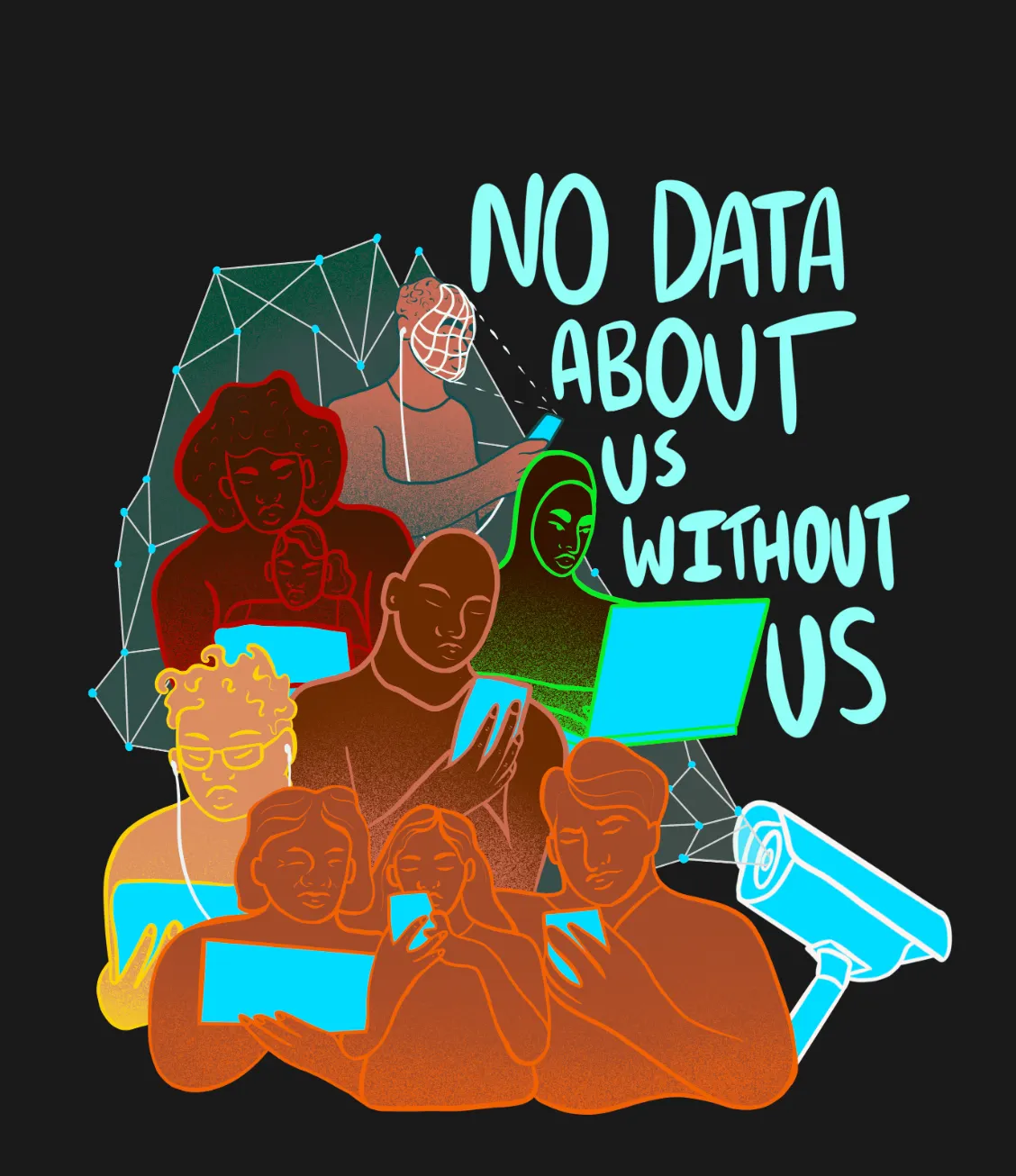Inaugural Café Croissant Event: Using Art to Spark Dialogues
On April 30th 2021, the Edgelands Institute held its first Café Croissant conversation with Yves Daccord, Yvette Sánchez, Séverin Guelpa and Sarah Newman.

Photo by Edgelands Institute
“Art invites beauty, whimsy, curiosity… brings new perspectives together, and makes the commonplace mysterious” - Sarah Newman
Last Friday, April 30th, the Edgelands Institute held its first Café Croissant conversation. The series was created to make space for public dialogue and collaboration about the arts, digital transformation, surveillance, and changing social contracts. Held once a month, the Café Croissants are informal, discussion-based meetings where experts and practitioners of different backgrounds and disciplines discuss their own methodologies for making an impact in physical and digital spaces. These leaders then share the stage with participants to answer questions and foster discussions.
At Café Croissant’s inaugural event, visionaries shared their ideas for using the arts to spark dialogue about difficult topics like surveillance technology, the social contract, and digital transformation. Moderated by Edgelands Co-Founder Yves Daccord, the three panelists, academics and artists Yvette Sánchez, Séverin Guelpa, and Sarah Newman, explored the relationship between research and art, both in their own work and as a transformative societal tool.
All three panel members spoke to how art possesses the power to bring new people into conversations and spaces typically dominated by long-winded research papers, convoluted academic reports, and so forth. There’s no PhD requirement to understanding and engaging with art- it functions as the ultimate, most inclusive form of communication about social issues. Séverin Guelpa, an artist and curator focussed on working in and with extreme territories, noted that “artists are specialists of emotion: they won’t have solutions, but they learn to open windows, to ask questions, and to translate ideas through feelings instead of through papers or research.” Guelpa explained how academic researchers can sometimes lose the complexity of a situation, and that connective intelligence, with ideas touching both the mind and heart, can “open up new ways of interpreting scientific and social issues- art is part of cultivating that.”
Sarah Newman, Director of Art and Education at Harvard University’s MetaLAB, similarly shared that “artistic practices can produce new forms of knowledge.” She’s used design as research before in her interactive artwork that asks provocative questions about human-technology interaction and the digital transformation. In her educational work, Newman integrates artistic practice into teaching workshops in fields that, at first glance, seem far removed from physical design. Incorporating art with all fields of research and education can cultivate creativity and teaches students how to embody a new perspective.
In her role as Professor for Hispanic Culture & Society and President of Culture & Art Commissions at the University of St. Gallen, Yvette Sánchez also sees the value of art and architecture interacting with the digital in academic spaces daily. The University of St. Gallen is home to an impressive collection of public art, and student learning is greatly enriched by being enveloped in such creativity. Students at the university explain that art “pushes [students] to reflect more, to experiment, and [it] keeps curiosity awake.” Dr. Sanchez’s response to that statement:
“What more than this basic condition for research and studies?”



